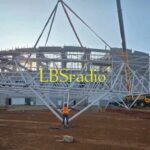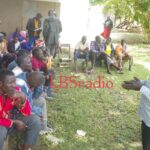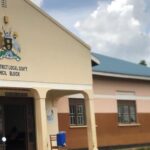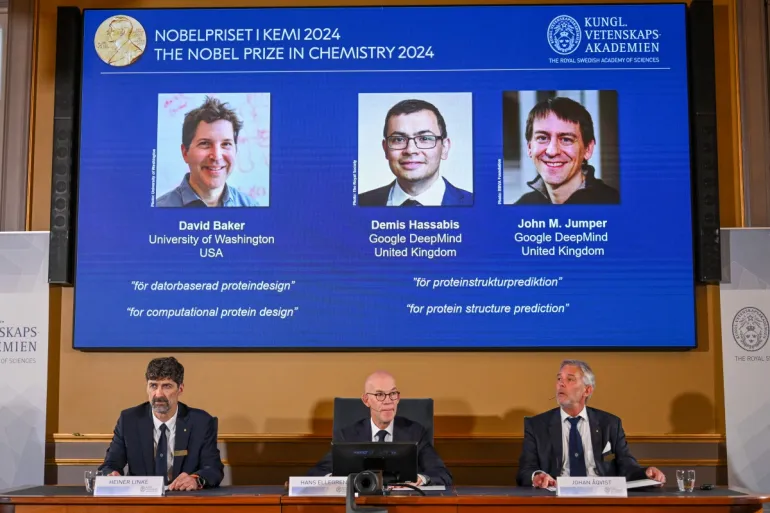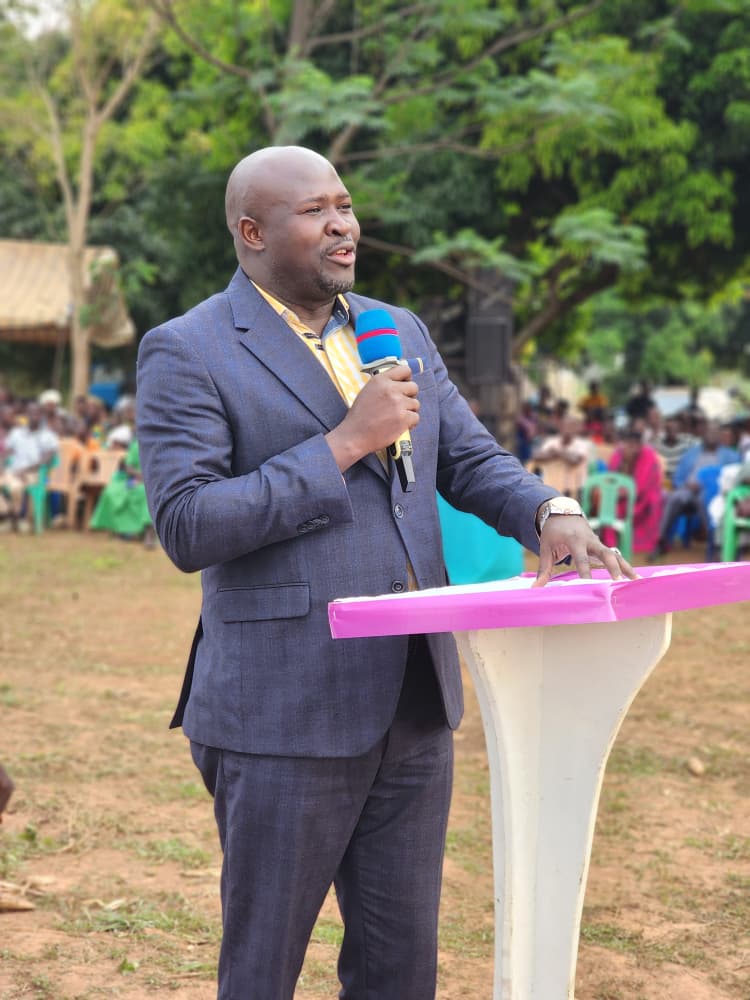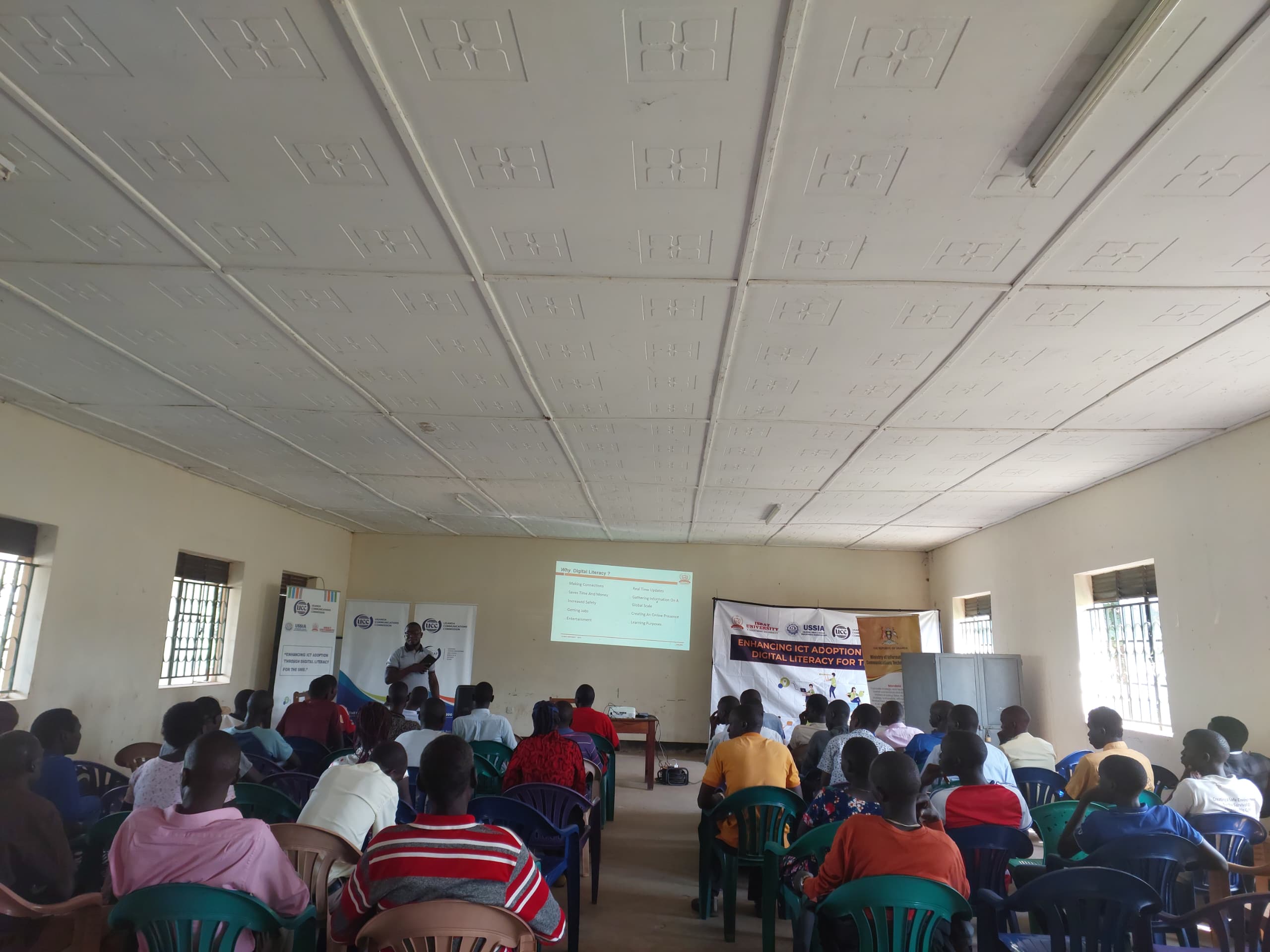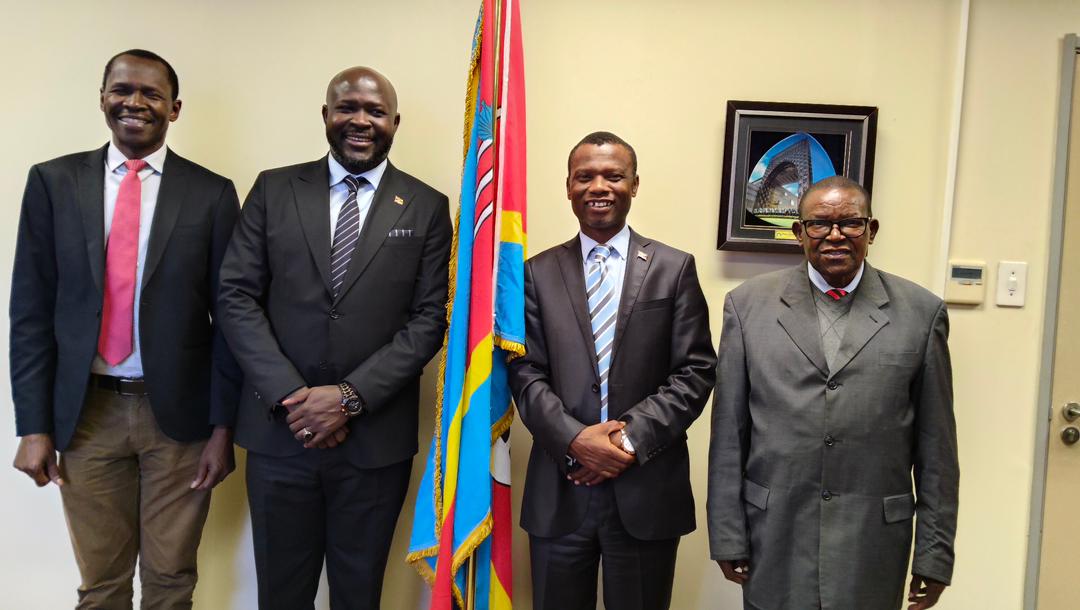Baker, Jumper, Hassabis win Nobel Prize in chemistry for work on proteins
‘They cracked the code’; laureates hailed for revealing proteins’ secrets through computing and artificial intelligence.
Scientists David Baker, John Jumper and Demis Hassabis have won the 2024 Nobel Prize in chemistry for their work on proteins, the building blocks of life that are found in every cell of the body.
The Royal Swedish Academy of Sciences on Wednesday announced half of the prize to Baker “for computational protein design” and the other half jointly to Hassabis and Jumper “for protein structure prediction”.
While Baker built entirely new kinds of proteins, Hassabis and Jumper developed an artificial intelligence (AI) model to solve a 50-year-old problem: predicting proteins’ complex structures, said the Nobel Committee for Chemistry.
Heiner Linke, chair of the committee, said scientists had long dreamed of predicting the three-dimensional structure of proteins.
In 2020, Hassabis and Jumper “managed to crack the code with skilful use of artificial intelligence. They made it possible to predict the complex structure of essentially any known protein in nature,” Linke said.
“Another dream of scientists has been to build new proteins to learn how to use nature’s multitool for our own purposes,” he said of the “problem” that Baker solved.
“He developed computational tools that now enable scientists to design spectacular new proteins with entirely novel shapes and functions, opening endless possibilities for the greatest benefit to humankind.”
Baker works at the University of Washington in Seattle, United States, while Hassabis and Jumper work at Google DeepMind, the tech giant’s AI lab, in London.
“I’m really excited about all the ways in which protein design makes the world a better place in health, medicine and, really, outside technology,” Baker said, addressing the journalists during the announcement of the award, by phone.

Revealing proteins’ secrets
The laureates achieved what chemists have long dreamed of – “fully understanding and mastering the chemical tools of life – proteins”, according to the committee.
Hassabis, from the United Kingdom, and Jumper, from the US, used their AI model AlphaFold2 to calculate the structure of all human proteins. They “also predicted the structure of virtually all the 200 million proteins that researchers have so far discovered when mapping Earth’s organisms”, it said.
AlphaFold2 has been used by more than two million people from 190 countries, also helping researchers better understand antibiotic resistance and creating images of enzymes that can decompose plastic.
Proteins generally consist of 20 different amino acids. Since 2003, when Baker – an American – succeeded in using these building blocks to design a new protein, his research group has produced proteins that can be used as pharmaceuticals, vaccines, nanomaterials and tiny sensors.
Last year’s chemistry award went to Moungi Bawendi, Louis Brus and Aleksey Ekimov for their discovery of tiny clusters of atoms known as quantum dots, widely used today to create colours in flat screens, light emitting diode (LED) lamps and devices that help surgeons see blood vessels in tumours.
The prize carries a cash award of 11 million Swedish kronor ($1m) from a bequest left by the award’s creator, Swedish inventor Alfred Nobel. Alongside the cash prize, the winners will be presented a medal by the Swedish king on December 10.
First handed out in 1901, 15 years after Nobel’s death, it is awarded for achievements in medicine, physics, chemistry, literature and peace.

Source: Al Jazeera and news agencies



